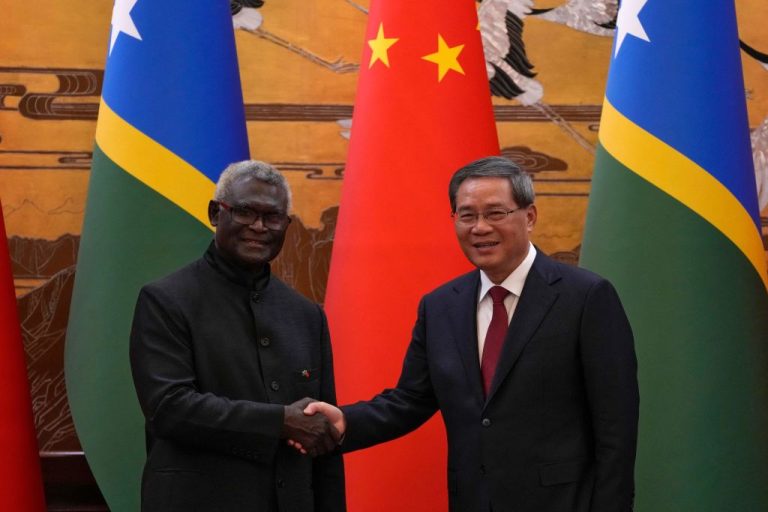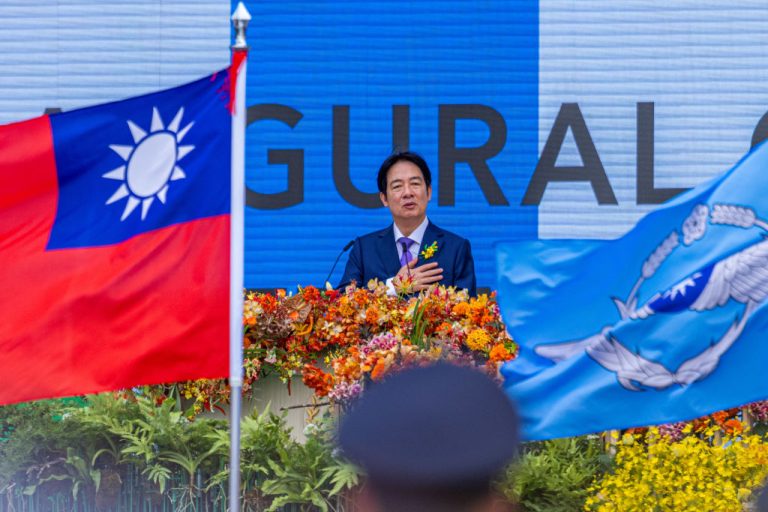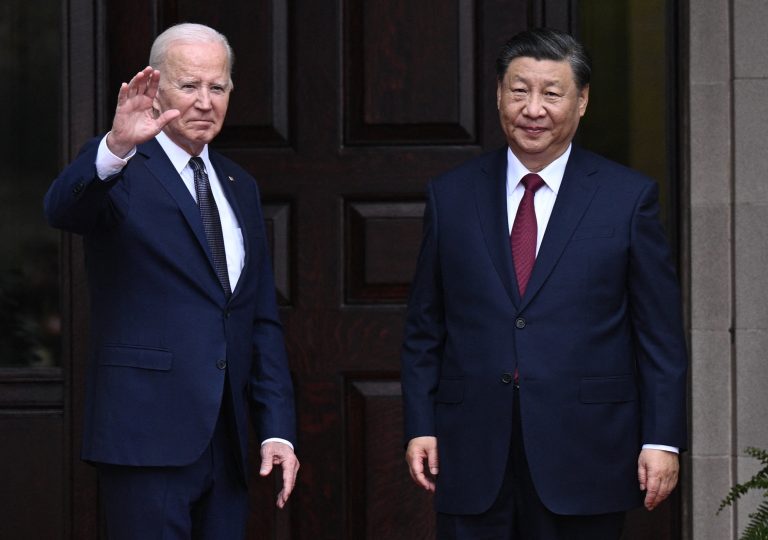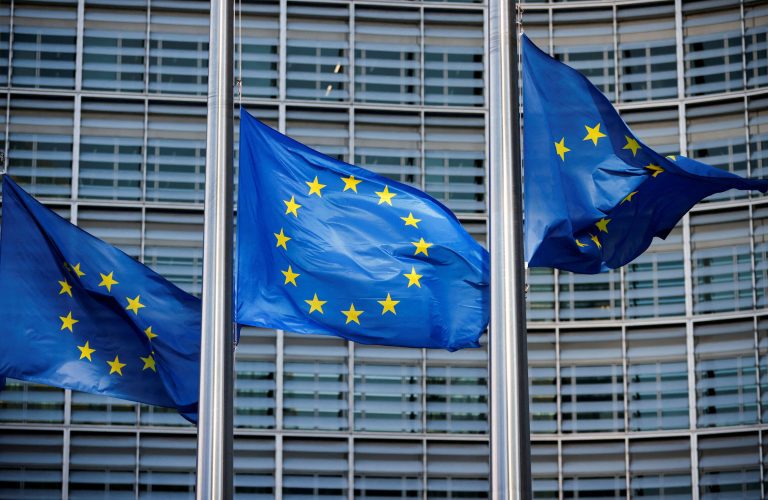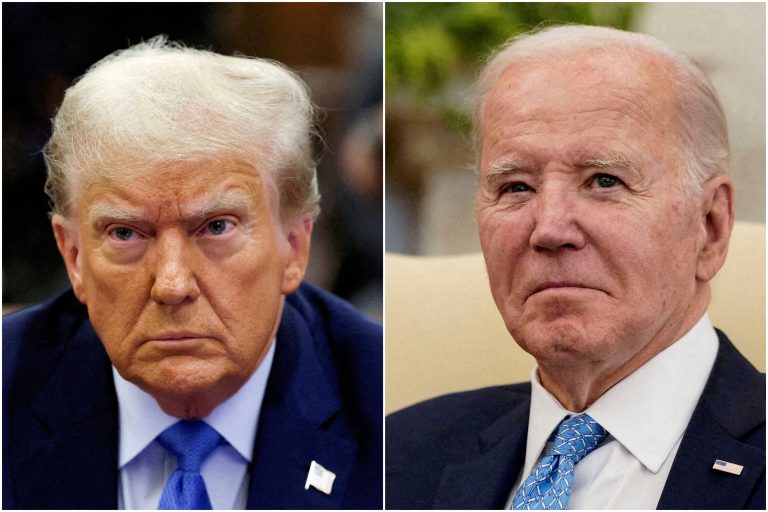On April 30, Solomon Islands’ pro-Beijing Prime Minister Manasseh Sogavare announced his decision to step away as head of state following two inconclusive elections to select a new leader. The decision comes amid heightened concerns over Beijing’s increased influence in the strategically vital Indo-Pacific.
The outcome of these shifts could reshape regional alignments, influence the broader geopolitical landscape, and potentially even alter the dynamics of cross-Strait relations between China and Taiwan.
Sogavare’s tenure: a mixed legacy
During his tenure, Sogavare became a controversial figure mainly due to his pivot towards Beijing. After switching diplomatic allegiances from Taiwan to the People’s Republic of China (PRC) in 2019, Sogavare deepened the Solomon Islands’ ties with the PRC by signing multiple infrastructure projects financed by Chinese loans.
The relationship between the two eventually culminated in a security pact that allowed access to the People’s Liberation Army (PLA) to deepen its presence and influence in several key footholds across the islands.
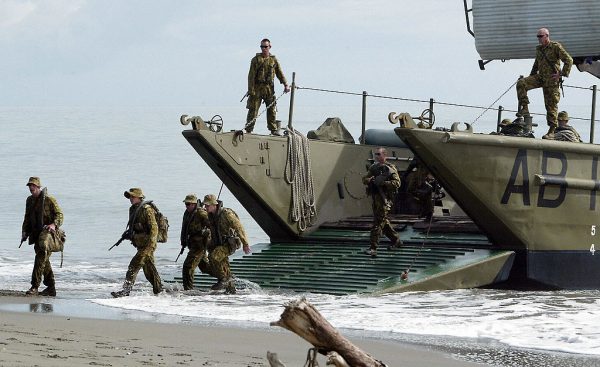
MORE ON THE SOLOMONS & BEIJING:
- China and Solomons Sign Security Pact, Paving Way for Possible PLA Base
- Following Confirmed Security Deal, Leaked File Reveals China Intended to Build Naval Base in the Solomon Islands
- Rioters Burn Solomon Islands Over Federal Government’s Ties to Beijing: Reports
The agreement stirred fears — particularly in the U.S. and Australia (which is located just 1,000 miles northwest) — about the potential establishment of PLA military facilities in the Pacific, which could significantly alter the strategic balance of the region.
Success
You are now signed up for our newsletter
Success
Check your email to complete sign up
The implications of Sogavare’s policies have been profound. The security pact with China not only raised the specter of increased Chinese naval presence but also symbolized a broader Chinese strategy to expand its influence in the Pacific islands through infrastructure projects and diplomatic engagements.
RELATED: China’s ‘Belt and Road Initiative’ Falters as Beijing Runs Out of Funding
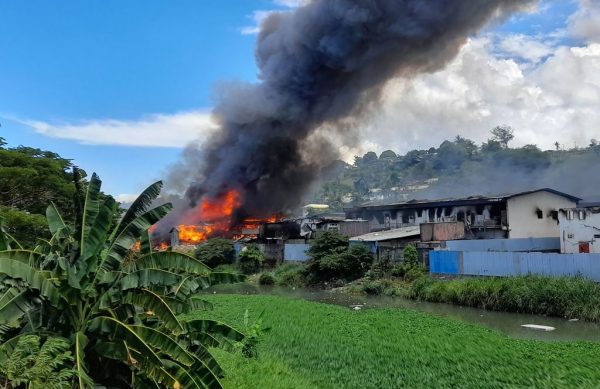
Sogavare’s approach also drew significant domestic and international criticism. Domestically, issues like the depletion of healthcare services contrasted sharply with the construction of infrastructure projects that included sporting stadiums and office buildings funded by Beijing.
Internationally, his decisions exacerbated tensions with the island’s neighbors, particularly Australia and New Zealand, who have served as the region’s long-standing partners in security and development.

Sogavare’s decision to align with Beijing also drew the ire of many of his own citizens. The capital of the Solomon Islands, Honiara, was sacked by arson, looting, and unrest after protests calling for his resignation spiraled into chaos and violence in late 2021.
“He has bowed out because of the poor performance of his party,” said Australian National University Pacific expert Graeme Smith.
Complex power plays
The recent general elections in the Solomon Islands have added another layer of complexity to the region’s political dynamics. Sogavare’s decision to not seek re-election as prime minister, despite being re-elected to the parliament, opens up the political landscape to new leadership under potentially different international alignments.
After losing half its seats, Sogavare’s party, the Ownership, Unity and Responsibility Party (Our Party), nominated Jeremiah Manele, the former Foreign Minister, as its candidate. This suggests a possible continuity of the pro-Beijing stance, albeit under new leadership. Lawmakers on the island are scheduled to select a new prime minister on May 2.

According to Mihai Sora, former Australian diplomat in the Solomons, Manele has “a strong track record of working well with all international partners.” Sora, who also works as a research fellow at the Lowy Institute, further described Sogavare as a “polarizing figure,” and a “a lightning rod for international scrutiny, which also put a great deal of pressure on the national government.”
“MPs may have decided this time around that a less strident figure would have a better chance of being accepted by an already frustrated community, and may reduce some of the recent tensions with international partners,” added Sora.
The election results also reflect a populace that is clearly unhappy with the current trajectory of foreign policy under Sogavare’s leadership. The political instability characterized by frequent changes in leadership — Sogavare himself has been prime minister four times — underscores the fragile nature of governance in the Solomon Islands.
Taiwan relations at stake
The shift in leadership in the Solomon Islands also arrives at a time when the Pacific islands are increasingly viewed through the lens of strategic competition between the U.S. and China.
The U.S. has expressed clear concerns over China’s growing influence in the region, which it perceives as a threat to its own strategic interests and those of its allies. The potential realignment of the Solomon Islands under new leadership could either mitigate or exacerbate these tensions.
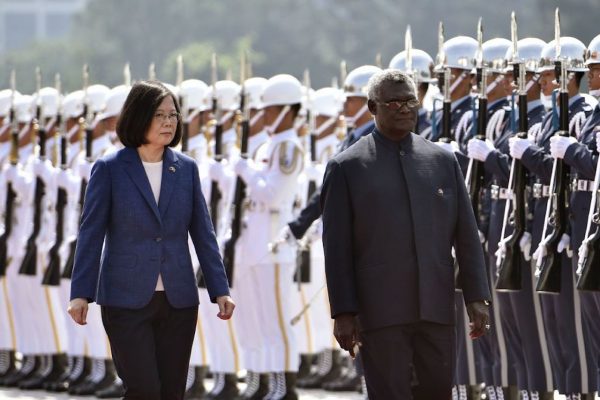
For Taiwan, the developments in the Solomon Islands could also prove vital. The loss of diplomatic recognition from the Solomon Islands to China in 2019 was a significant blow to Taiwan, which continues to face diplomatic isolation due to Chinese pressure. Currently, only 12 countries, mainly in Latin America and the Caribbean, continue to uphold ties with Taiwan.
But the political changes in the Solomons could now either open opportunities for Taiwan to re-engage with the island nation or further solidify the Solomon Islands’ alignment with Beijing, depending on the new leadership’s foreign policy choices.
RELATED: Taiwan Fires Shots at Mainland Chinese Drones, Warns of Counter-Attack if Territory Violated
Officially known as the Republic of China (ROC), Taiwan retained its own de facto government after its forces were driven off the mainland by communist rebels in 1949. However, the mainland Chinese regime views Taiwan as a renegade province and continues to claim it as a rightful part of its territory.
For years now, the Chinese regime has used violent rhetoric and threats in vowing to reclaim the self-ruling island by any means necessary — even going as far as threatening to use military action in achieving this goal.
Meanwhile, the U.S. government has confirmed on several occasions that they would come to the self-ruling island’s defense should an invasion from the People’s Republic of China (PRC) take place. It has also continued to provide the island with defensive weapons and technical training under the Taiwan Relations Act (TRA) of 1979.



